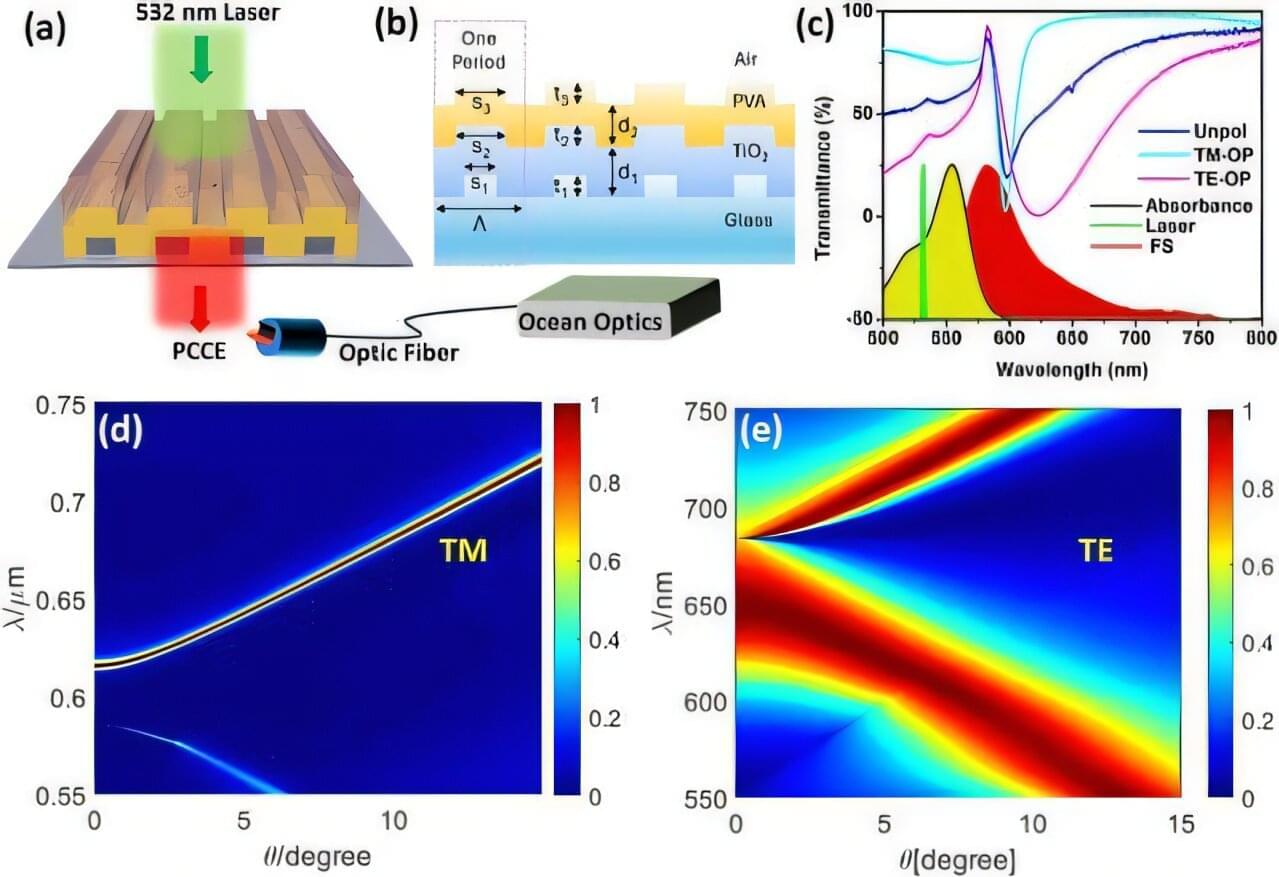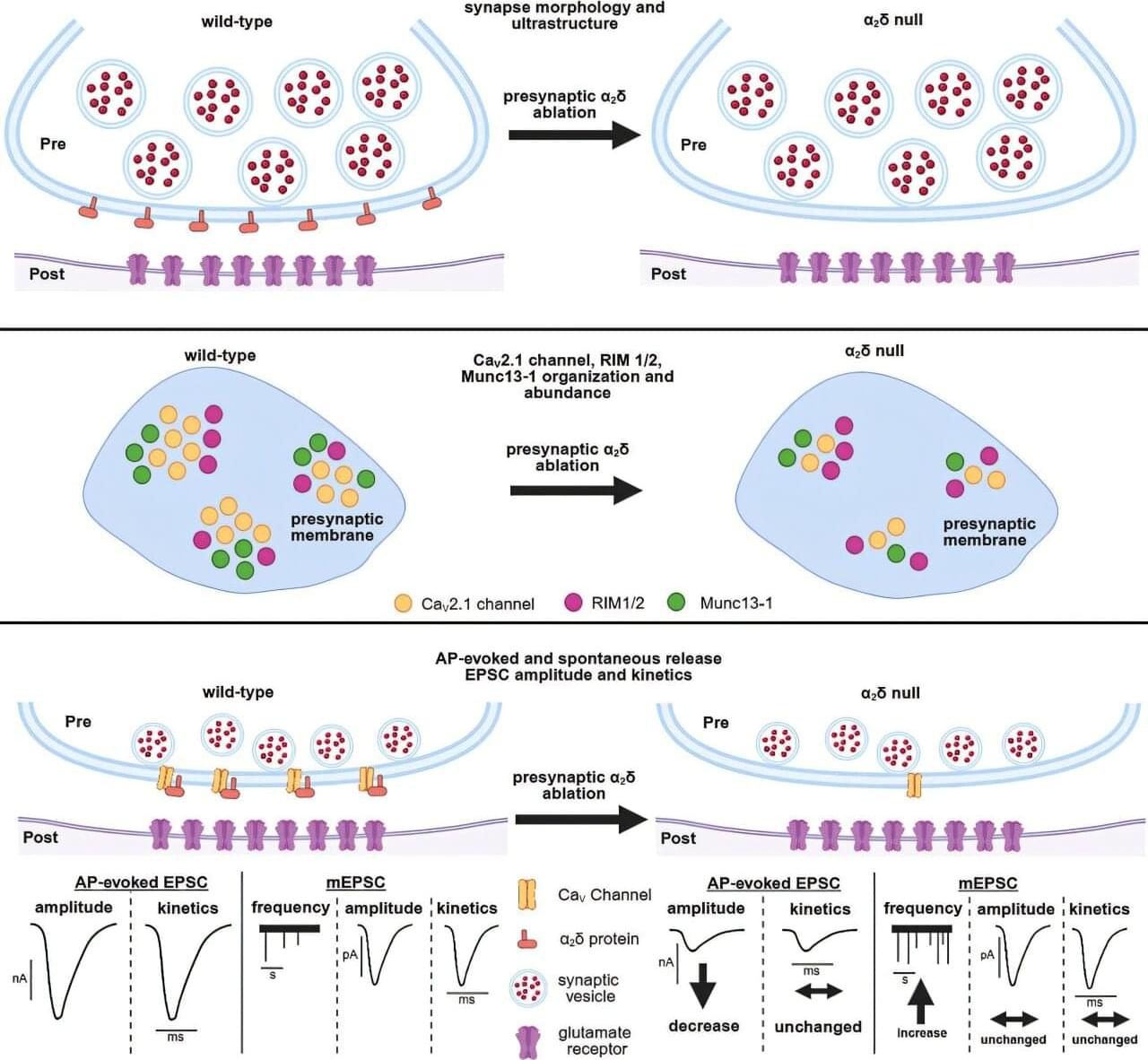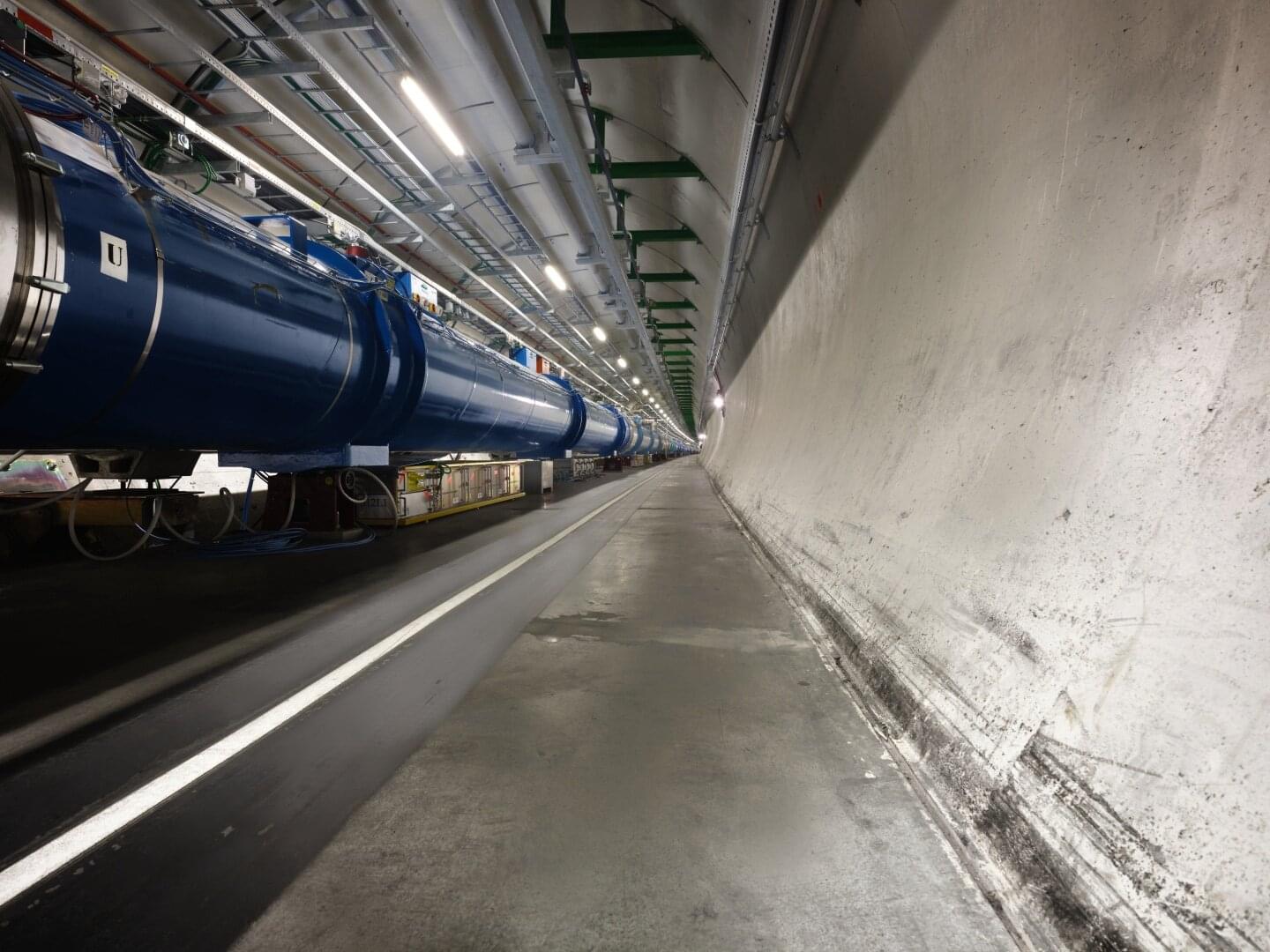Traditional medical tests often require clinical samples to be sent off-site for analysis in a time-intensive and expensive process. Point-of-care diagnostics are instead low-cost, easy-to-use, and rapid tests performed at the site of patient care. Recently, researchers at the Carl R. Woese Institute for Genomic Biology reported new and optimized techniques to develop better biosensors for the early detection of disease biomarkers.
People have long been fascinated with the iridescence of peacock feathers, appearing to change color as light hits them from different angles. With no pigments present in the feathers, these colors are a result of light interactions with nanoscopic structures, called photonic crystals, patterned across the surface of the feathers.
Inspired by biology, scientists have harnessed the power of these photonic crystals for biosensing technologies due to their ability to manipulate how light is absorbed and reflected. Because their properties are a result of their nanostructure, photonic crystals can be precisely engineered for different purposes.








